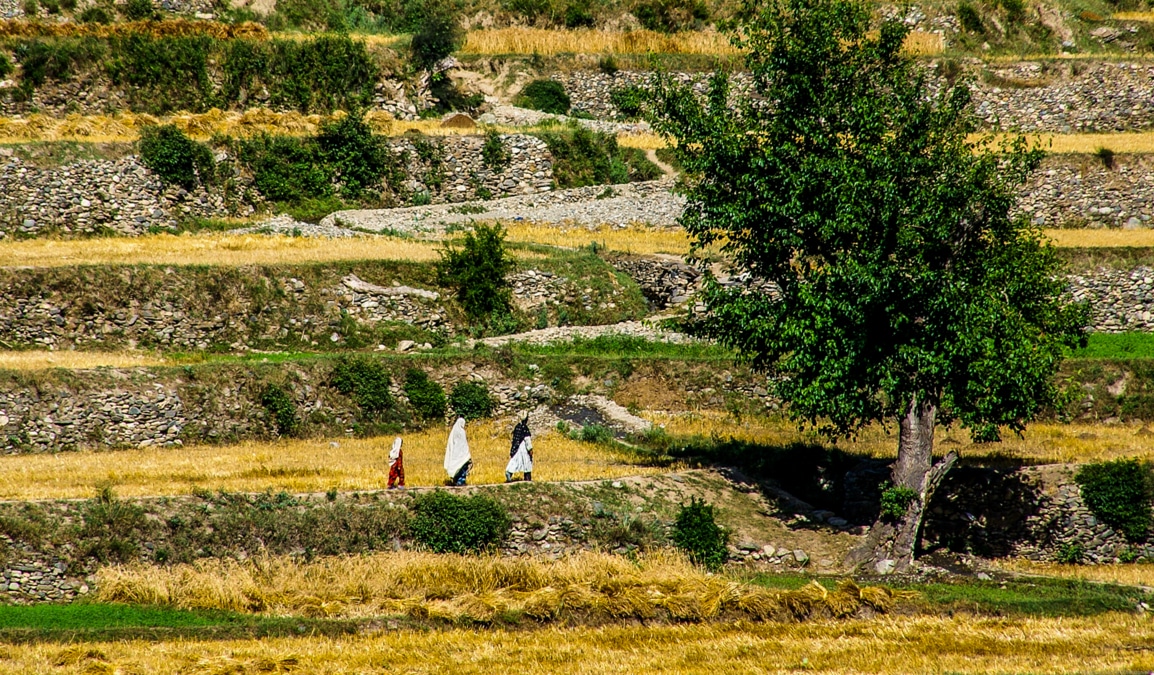The Norwegian Institute of International Affairs (NUPI) and the Stockholm International Peace Research Institute (SIPRI) have released the Climate, Peace and Security Fact Sheet on Afghanistan.
The fact sheet finds “Afghanistan is highly vulnerable to the effects of climate change: rising temperatures, changing precipitation patterns and increasingly frequent extreme weather events. Currently, Afghanistan is experiencing its worst drought in 27 years, which, compounded with COVID-19 and the economic contraction that followed the takeover of the government by the Taliban in August 2021, has significantly increased livelihood and food insecurity and contributed to a growing humanitarian emergency.”
You can read the recommendations here and download the fact sheet here. The fact sheet is part of the Climate Related Peace and Security Risks project.
This is the fifth fact sheet in the series. Others include:
Mali – Climate, Peace and Security Fact Sheet
The Sahel – Climate, Peace and Security Fact Sheet
Somalia – Climate, Peace and Security Fact Sheet
South Sudan – Climate, Peace and Security Fact Sheet
Find out more about the Climate-related Peace and Security Risks project and access all the latest fact sheets here.
